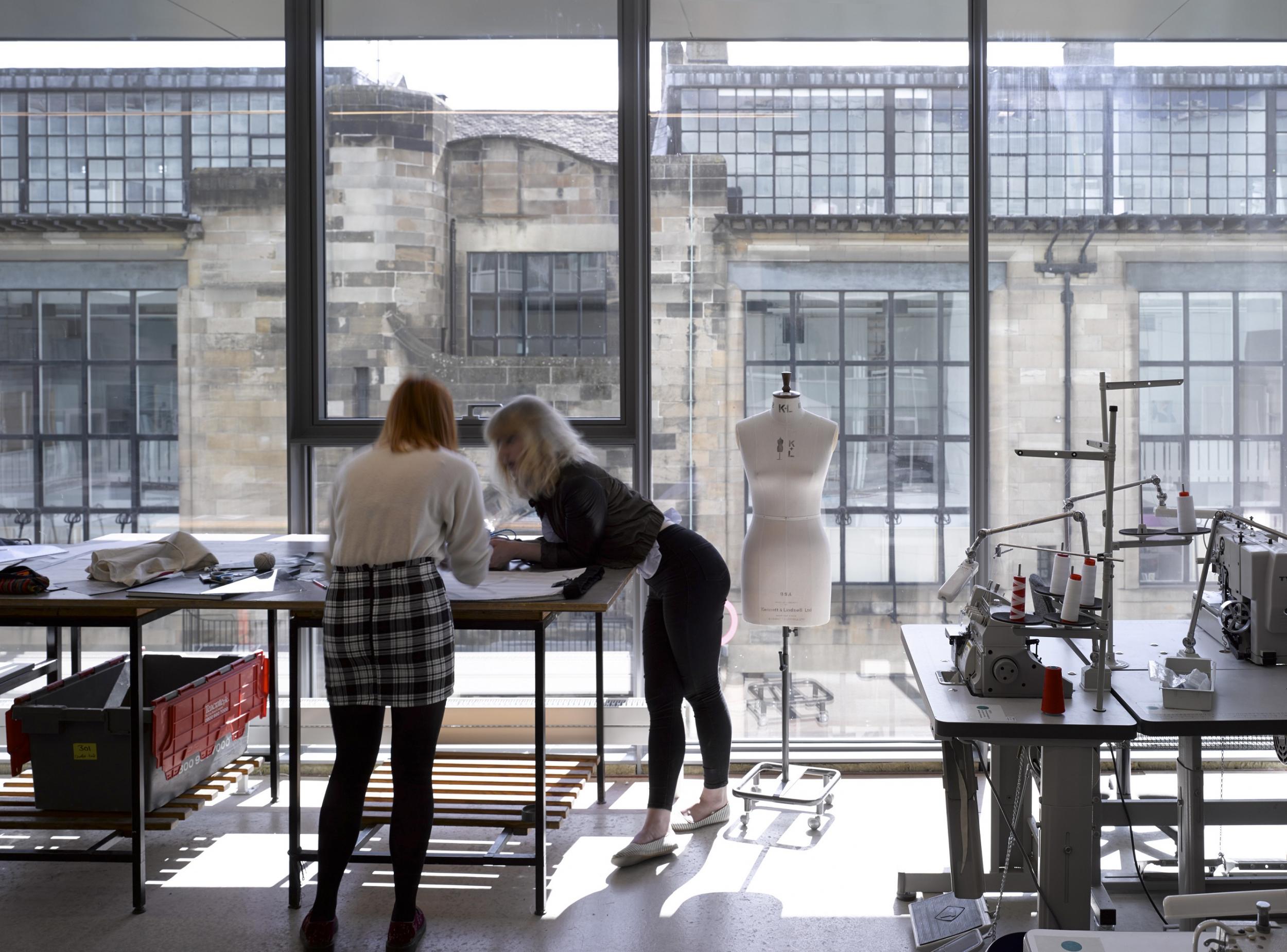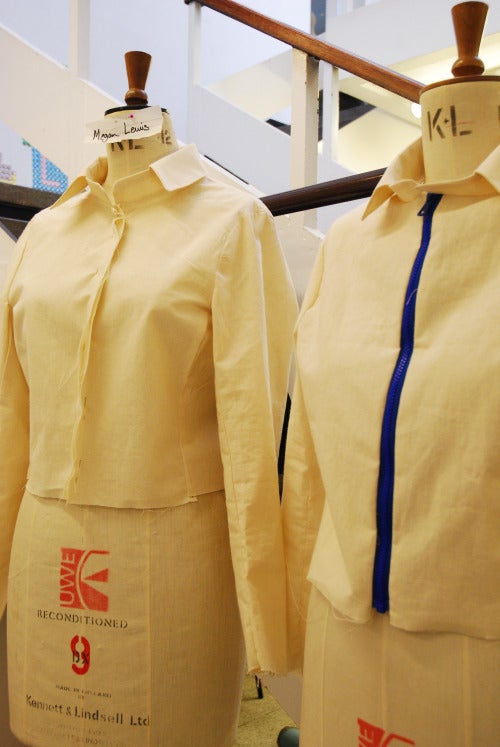Is your career catwalk ready?
Fred Sinclair on what it takes to succeed in the fashion industry

Your support helps us to tell the story
From reproductive rights to climate change to Big Tech, The Independent is on the ground when the story is developing. Whether it's investigating the financials of Elon Musk's pro-Trump PAC or producing our latest documentary, 'The A Word', which shines a light on the American women fighting for reproductive rights, we know how important it is to parse out the facts from the messaging.
At such a critical moment in US history, we need reporters on the ground. Your donation allows us to keep sending journalists to speak to both sides of the story.
The Independent is trusted by Americans across the entire political spectrum. And unlike many other quality news outlets, we choose not to lock Americans out of our reporting and analysis with paywalls. We believe quality journalism should be available to everyone, paid for by those who can afford it.
Your support makes all the difference.If you're hoping for a career in fashion your skills collection - like any successful fashion house - will need a few key pieces.
First of all, a degree qualification can help. Why choose a Bachelor’s programme? “The distinctive thing about studying at university is the access students have to a wealth of creative expertise and experience alongside access to industry standard resources,” says Deborah Southerland, programme manager for fashion at the University of the West of England, Bristol.

The university offers both fashion and fashion communication programmes, both primarily practical and coursework based. Fashion students focus on the design and make of garments, while fashion communicators are all about the construction and dissemination of the fashion image.
On both courses, the university environment empowers creativity. “Students are really encouraged to explore their curiosity and test their ideas,” says Southerland. “University provides students with a ‘safe’ and supportive space to do that.”
Industry experience is another essential if your credentials are to be on trend. Look for programmes with good links to fashion brands, a structured approach to placements and a strong track record of securing internships for students. Sarah Woodward, a graduate of the University of Derby’s BA (Hons) fashion programme, used a diploma in professional practice to gain an extra qualification and complete some work placements. “They allowed me to grow in various areas and get a better understanding of my strengths and weaknesses before finishing my degree,” she says.
After working with Jonathan Saunders, the fashion designer; high street suppliers in London and London Fashion Week, Woodward added some work experience after graduation at House of Celebrity Boutique, which allowed her to work closely with designers and develop her CAD skills. “I worked with a team of professionals who shared their knowledge, so my skills developed a lot.”
.jpg)
You'll also need to be ready to work on your own style and know how to translate that into credible finished products, whether that’s a spring collection or photo portfolio. With that in mind, fashion courses at the Arts University Bournemouth run a “boot camp” style first year, according to principal lecturer Anne Chaisty. “It emphasises the importance of making products to industry standards as well as a strong aesthetic that develops an individual design signature.”
The final key piece you'll need is the right attitude to get on that course in the first place – and it’s not about cultivating the frosty hauteur of the runway model and other cliches. “We look for passion, commitment and influences that are not from celebrity culture,” says Chaisty. “Given the nature of art education, challenging opinions and having an aesthetic awareness is integral to successful applications.”
Join our commenting forum
Join thought-provoking conversations, follow other Independent readers and see their replies
Comments